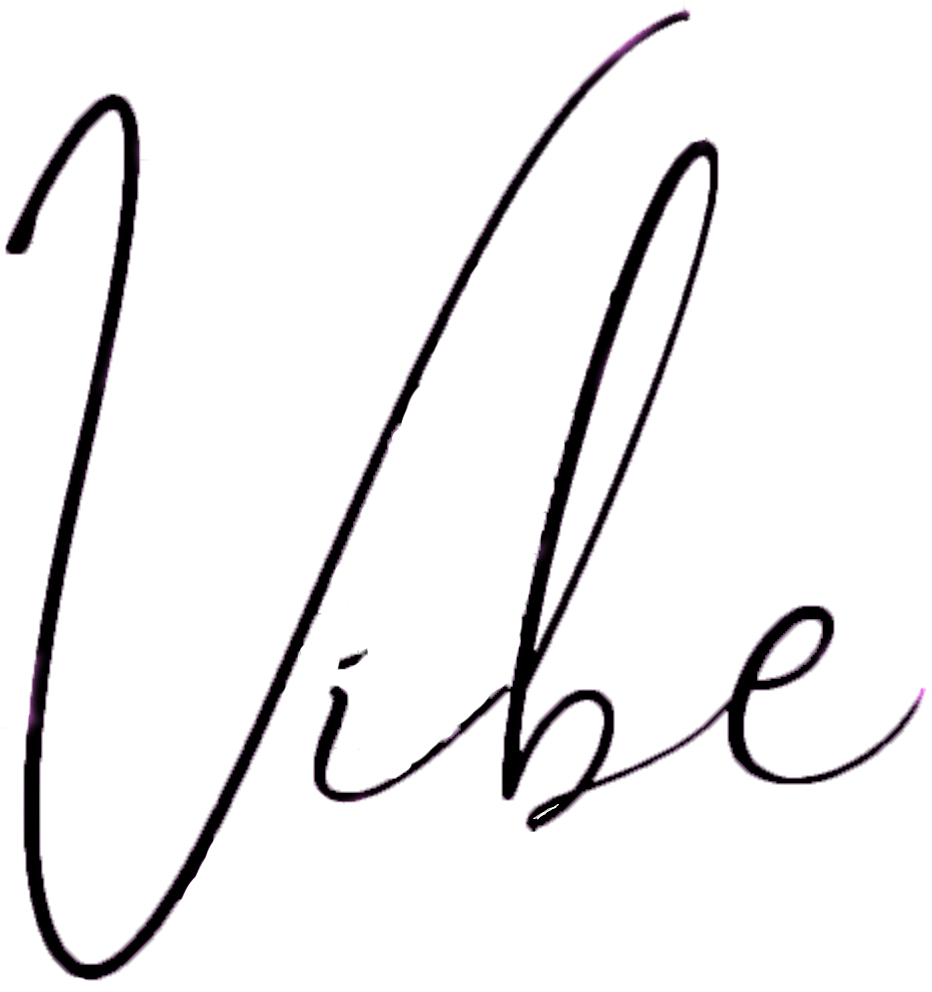Hold on… Offshore betting sites can seem like a wild ocean to navigate, especially if you’re new to the game. The lure of bigger odds and diverse markets draws many Aussie punters in, but beneath the surface, there are hidden rip currents—legal traps, security risks, and fairness questions. How do you pick a safe betting exchange, and what should you watch out for when the site operates beyond Australian shores?
Let’s break down the essentials practically, not just theory. Understanding offshore betting means digging into regulatory realities, payout mechanics, and user protections—or the lack thereof. By the end of this read, you’ll have a clear checklist and some real-world insight to avoid costly mistakes and find a platform that’s at least navigable, if not perfectly safe.
To start, consider the fundamental nature of betting exchanges compared to traditional bookmakers. Unlike fixed-odds operators, betting exchanges connect individual bettors, allowing them to back or lay bets, creating peer-to-peer markets. This model often offers better odds due to lower margins. However, offshore exchanges introduce complexities, especially for Australians, where local laws restrict real-money online pokies and certain betting products.


Key Features of Offshore Betting Exchanges
Here’s the thing: offshore betting sites are often domiciled in jurisdictions with looser regulations—Curacao, Malta, or Gibraltar, for instance. This can mean faster account setup and a wider game selection, but it also means you might be surrendering crucial consumer protections.
Let’s dissect what that means in practice. Offshore betting exchanges usually:
- Offer markets unavailable in Australia due to regulatory constraints.
- Require users to complete KYC (Know Your Customer) and AML (Anti-Money Laundering) checks, though enforcement quality varies.
- Use RNG (Random Number Generator) or other mechanisms to ensure game fairness, but certifications may not always be independently verified.
- Have varying withdrawal limits and processing times, sometimes with hidden fees or conditions on cashing out.
A practical example: a player using an unregulated offshore betting site might deposit AUD 500, expecting smooth withdrawals after a win. Instead, they hit slow withdrawal times of 5–7 days, caps on daily limits, or unexpectedly high commissions, eroding the value of their winnings. These are typical pitfalls encountered regularly.
Quick Checklist: What to Verify Before Using an Offshore Betting Exchange
- Licensing status: Confirm the site’s gambling license from a recognized authority (e.g., MGA, UKGC). Beware of unverifiable or missing licenses.
- Game fairness certification: Look for RNG audits by entities like eCOGRA or GLI.
- Payment methods and limits: Confirm deposit/withdrawal options—especially for AUD transactions—and check for any commissions.
- Customer support accessibility: Test responsiveness before wagering real money.
- Terms and conditions: Scrutinize wagering requirements, withdrawal commissions, and bonus validity periods.
Common Mistakes and How to Avoid Them When Using Offshore Betting Sites
- Ignoring licensing details: Playing on unlicensed sites increases risk of fraud and non-payment. Always verify license details and check the regulator’s public register.
- Overlooking withdrawal terms: Some sites impose low caps or harsh penalties on withdrawals. Read fine print to avoid unexpected fees.
- Chasing bonuses blindly: Attractive bonuses with high wagering requirements can trap players. Calculate the effective turnover using the formula: Turnover = WR × (Deposit + Bonus).
- Neglecting responsible gambling tools: Offshore operators may lack robust self-exclusion or deposit limits. Set personal limits externally and stay disciplined.
- Using insecure payment methods: Avoid giving credit card data to untrusted sites; consider e-wallets or prepaid cards as safer options.
Comparison Table: Popular Offshore Betting Exchange Features
| Feature | Licensed Exchange | Unlicensed Offshore Site | Pokiesurf Official |
|---|---|---|---|
| License | Verified by UKGC, MGA, or others | Often absent or unverifiable | Unlicensed; operates on grey market |
| RNG Certification | Independent audits available | None or questionable | Not certified; allegations of pirated games |
| Payment Options | Multiple, secure (e-wallets, bank transfers) | Limited, sometimes risky | Limited; credit cards & PayID, slow withdrawals |
| Withdrawal Limits | High or none | Low caps common | AU$500/day, AU$3,000/week capped |
| Customer Support | 24/7 live chat, phone, email | Often slow or unresponsive | Email only; slow response times |
Handling the Legality Question as an Australian Player
Here’s what bugs me about offshore betting sites: many Australians don’t realise that under the Interactive Gambling Act 2001, real-money online pokies and certain offshore gambling services are illegal. The Australian Communications and Media Authority (ACMA) actively blocks sites that breach this regulation, including some operating under the guise of legitimate brands.
Pokiesurf official is a prime example of this grey market activity. Despite branding itself to appeal to Aussie players, it is blacklisted by the ACMA, operates without a verified gambling license, and has been linked to several complaints about fairness and payouts. This doesn’t mean the site doesn’t function—but it means players use it at their own risk, with no legal protections or recourse to dispute resolution bodies.
Why mention Pokiesurf official here? Because understanding these risks is paramount for anyone considering offshore betting. The site’s appeal is the breadth of pokies and betting options, but the underlying risks—opaque ownership, limited payment methods, slow withdrawals, and unregulated game fairness—are typical of the offshore betting grey zone in Australia.
Mini-FAQ: Offshore Betting Exchanges
Is it legal to use offshore betting exchanges from Australia?
Technically, many offshore betting exchanges operate in breach of Australian law, especially regarding pokies. The ACMA blocks access to illegal sites, but enforcement against players is limited. Still, playing on these sites risks losing both your funds and legal protections.
How can I verify if a betting exchange is safe?
Check for valid licenses from recognized authorities, look for independent RNG certifications, read audited reports, and review independent user feedback. Avoid sites with hidden ownership or that don’t clearly display licensing details.
What are typical withdrawal times on offshore sites?
It varies: licensed sites may process withdrawals within 24–72 hours, while unlicensed offshore operators can delay payments for 5+ days, impose low limits, or require extensive verification, sometimes using slow email support.
Are the odds better on betting exchanges?
Often yes. Betting exchanges have lower margins because they match players directly. However, on offshore or unlicensed exchanges, this benefit is offset by risks like non-payment or rigged odds.
What should I do if I suspect a site is unfair?
First, contact customer support. If unresponsive or unhelpful, seek advice from Australian problem gambling resources and consider reporting to authorities like the ACMA. Avoid further deposits and secure your personal information.
Final Thoughts: Stay Smart, Stay Safe on Offshore Betting Platforms
To be honest, offshore betting exchanges offer tempting opportunities with unique markets and, occasionally, more competitive odds. But the landscape is riddled with challenges: unclear legality, dubious licensing, questionable game fairness, and problematic withdrawals. Australian players need to be especially cautious, balancing the desire for diverse betting options with the imperative of security and legal compliance.
When tempted to explore offshore platforms, always do your homework. Check licensing, test support, read user experiences, and scrutinize terms and conditions—especially withdrawal policies and wagering requirements. Remember that no bonus or slick interface compensates for a lack of player protection.
For those who want to explore online pokies and betting beyond the local offerings, sites like pokiesurf official might appear attractive at first glance due to their extensive game libraries and Australian-targeted branding. However, it’s critical to understand the legal and security risks involved with such operators, as they function without legitimate licensing and are subject to regulatory blocks.
In closing, responsible gaming means more than setting time or deposit limits; it requires choosing trustworthy platforms grounded in regulation and transparency. Should you choose to gamble offshore, keep your expectations realistic, your bets within your means, and always prioritize your security and well-being.
18+. Gambling can be addictive. If you’re struggling, contact Gambling Help Online: https://www.gamblinghelponline.org.au/ or call 1800 858 858. Play responsibly.
Sources
- https://www.acma.gov.au/online-gambling
- https://www.igamingbusiness.com/regulation/
- https://www.gamblinghelponline.org.au/
- Pokiesurf official website
About the Author
{author_name}, iGaming expert, has over a decade of experience analyzing online gambling platforms and advising players worldwide. Combining practical knowledge with regulatory insight, {author_name} aims to empower bettors to make informed, responsible choices in the evolving digital betting landscape.











Leave a Reply
View Comments